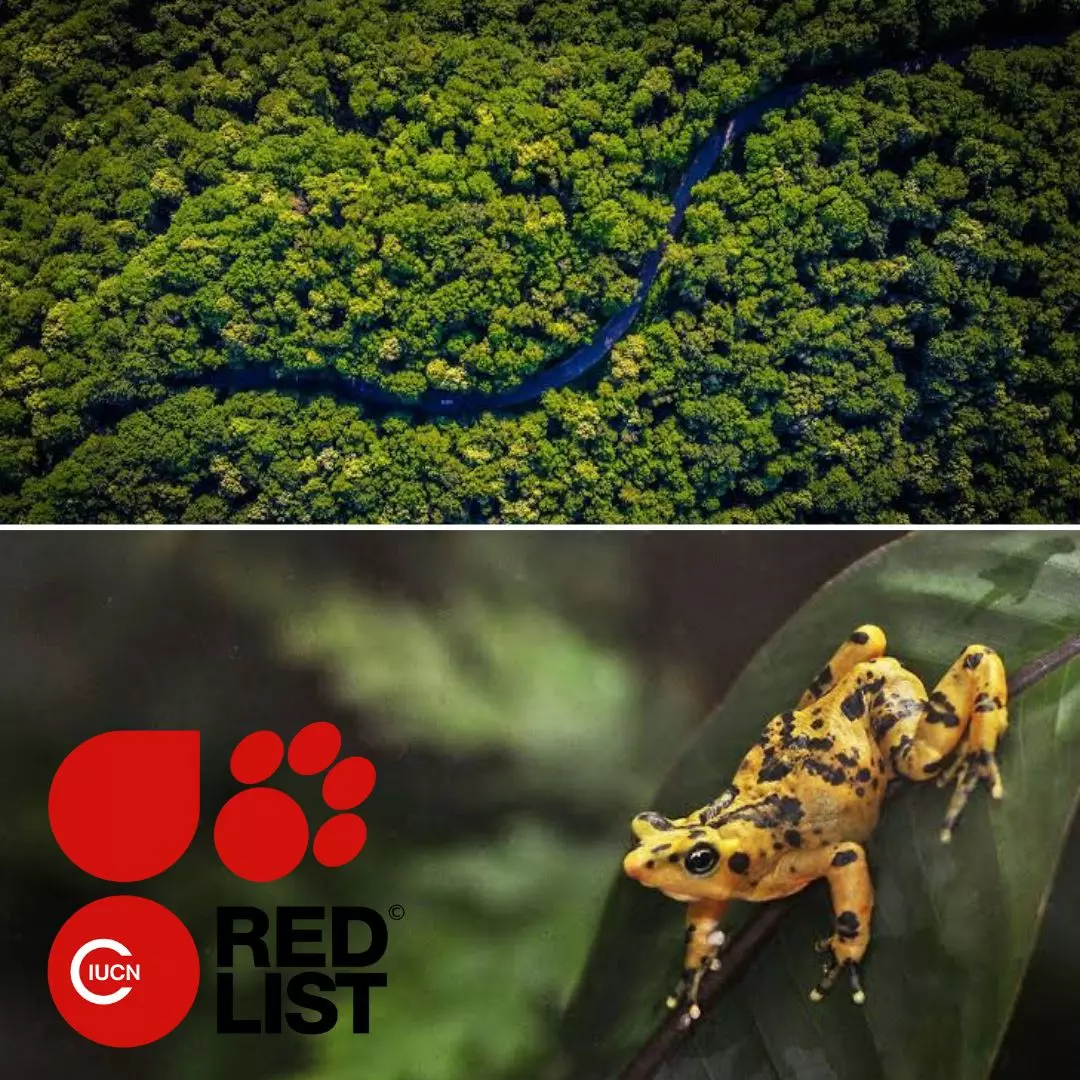For species that are classified as “extinct in the wild,” zoos and botanical spaces have been acting as a waiting room that has blocked them from recovery. Many of the near-extinct flora and fauna have a chance at recovering their population by being reintroduced into the wild, but the enclosed spaces are barring them obliviously, claims several scientists. This is possibly because re-wilding the often single-digit populations brings the same challenges that pushed these species to the edge of extinction in the first place. However, without an attempt at conservation, experts believe these species’ survival chances would be even smaller.
A Red List Reminder
Since 1950, nearly a hundred animal and plant species have been wiped off from the ecosystem by human activities such as hunting, pollution, deforestation, invasive lifeforms, and other factors. Up until 1994, the term “extinct in the wild” did not make it to the benchmark Red List of Threatened Species. So the actual number of species that are extinct from the wild could go beyond official numbers. As per the documents, about 12 species have been reintroduced back into the wild to some degree, and another 11 have been tipped to extinction.
The almost-extinct species surviving only in controlled environments were observed to be in a kind of conservation limbo, according to a pair of studies published in the journals Science and Diversity. Despite being the most at risk, the extinct-in-the-wild species are not assessed under the Red List process, nor have they received any efforts to be reintroduced into the wild.
A report by The Hindu quoted the international group of scientists claiming that nearly half of the 84 species with this status have not been reintroduced into the wild. Among these, most are plants, which suggests a possible bias toward reintroducing animals. This form of bias might not be entirely scientifically justified for a balanced ecosystem.
Preventing Another “Great Dying”
Scientists are of the opinion that human activity has pushed Earth into the sixth place, with species disappearing about 100 to 1,000 times more quickly than the normal pace. It is high time humans undertake real opportunities to prevent extinction and return the previously lost species to their homes, they added.
Another study published in Current Biology looked at the “Great Dying” event 252 million years ago, which annihilated about 95 per cent of life on Earth. By revisiting the centuries-back incident, the study showed that accelerated species loss preceded the broader ecological collapse. The lead author, Yuangeng Huang, stated “Currently, we may be losing species at a faster rate than in any of Earth’s past extinctions.” While the tipping point to a total ecosystem collapse cannot be predicted, it is considered inevitable if the biodiversity loss is not reversed.
Providing some amount of hope against this grim reality are the conservation success stories from the 1900s to the 21st century. This includes the European bison, which once roamed across Europe and had to be rounded up into zoos as their numbers reduced drastically by the 1920s. The wild animals were reintroduced into the wild by 1952 and are no longer considered threatened with extinction by the International Union for the Conservation of Nature (IUCN), the keepers of the Red List. Other species that have staged comebacks into the wild through collective efforts include the red wolves in North America, wild horses in central Asia, and the desert-dwelling Arabian oryx. At the most recent World Conservation Congress in 2020, the IUCN also called for the reestablishment of extinct-in-the-wild species in the wild by 2030.
Also Read: Breathing Back Air! Germany Pledges Millions Of Euros To Brazil To Restore Amazon Rainforests
https://thelogicalindian.com/h-upload/2023/02/28/500x300_230143-untitled-design-20.webp
Environment
2023-03-01 02:39:15.0
Avoiding Another ‘Great Dying’: Scientists Believe Zoo Gatekeep Conservation Of Near-Extinct Species











